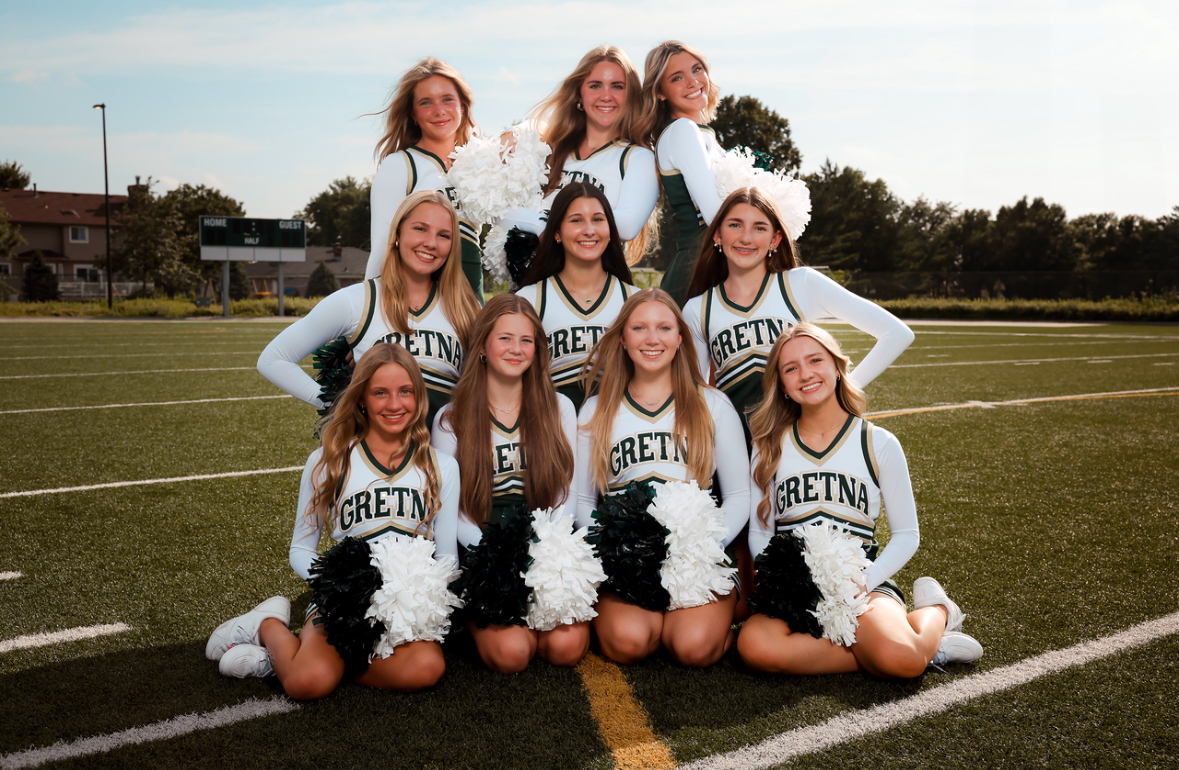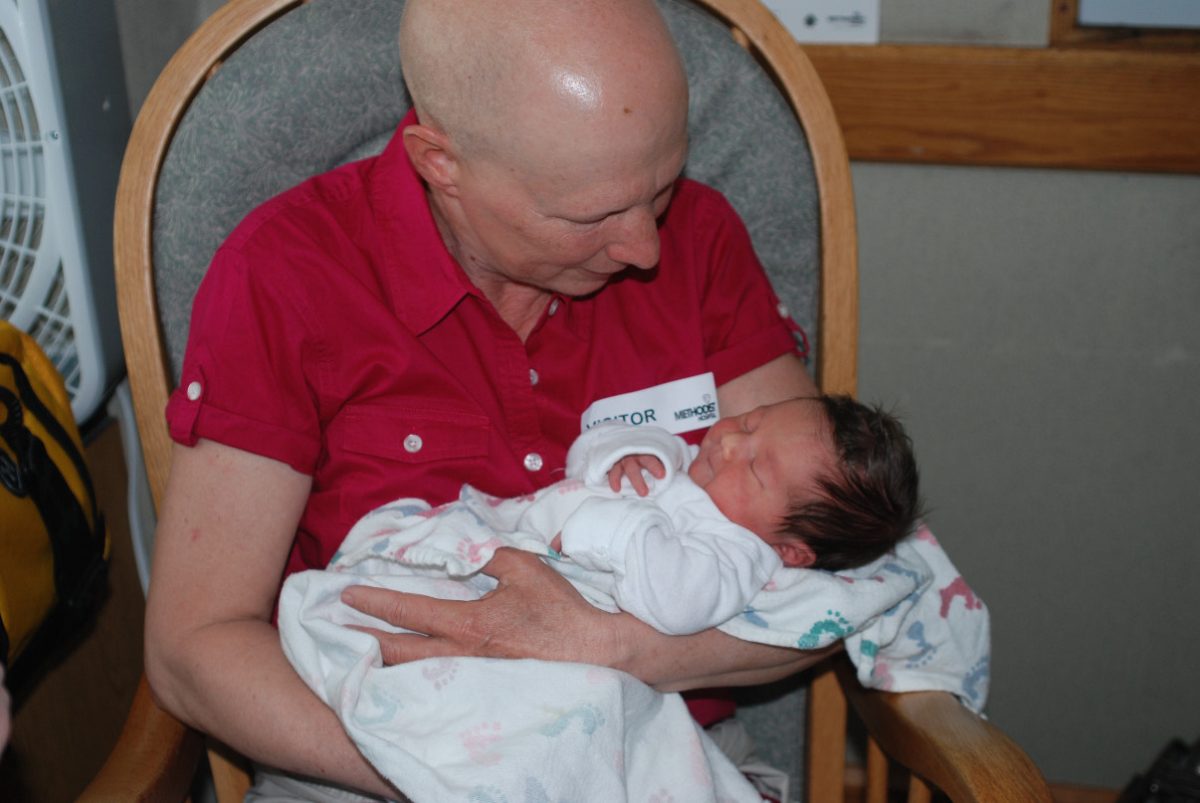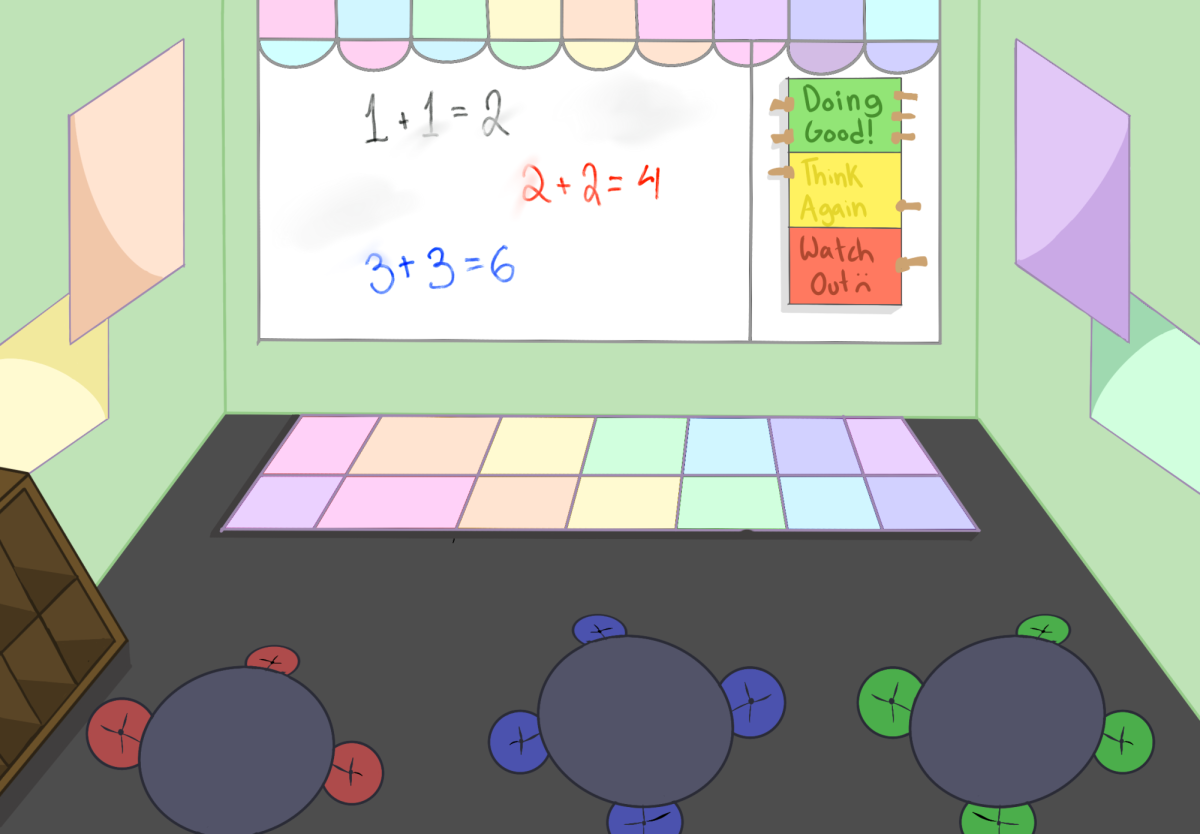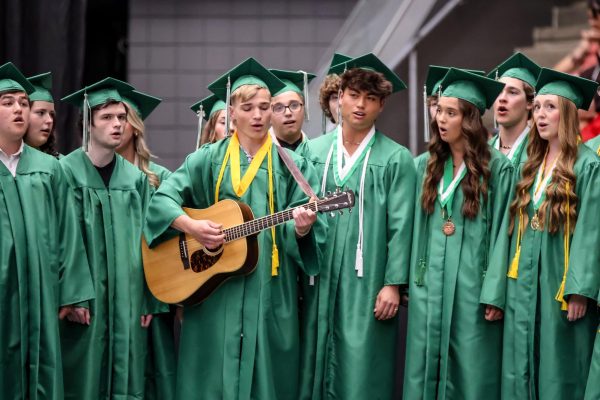
The point of a valedictorian is to give recognition to a school’s top student on their academic achievements. GHS is considered a grade-driven school district with its accountability policy, a grading scale that makes it harder to receive an A and also does not allow extra credit. Our question is simple – why does GHS not have a valedictorian?
One thing GHS does well at graduation is including the choir. Senior Elijah Wombacher agrees with this, as he said it is his favorite part of the ceremony. Imagine if we had more interactions like this with the students at graduation. One great example would be having a valedictorian who could address the entire class.
In past decades, most high schools that have selected a valedictorian have based it off of GPA. However, a valedictorian can be chosen based on any criteria that a high school chooses. Things like volunteer work and extracurriculars can be taken into consideration if a district decides to.
Furthermore, nominating a valedictorian can truly benefit a student because this award will continue to look amazing on their resumes for the rest of their life, whether those resumes are for college or their future career. This is something that all schools should want for their students: for them to stretch their mind and capabilities to the point that they can make it as far as they can in life.
Additionally, after 13 years of education, a high school graduation should be something students look forward to. However, at GHS, it is considered the last requirement that students have to silently sit through, listening to adults continuously drone on about graduation as though it were their own. Some students may consider skipping graduation because they feel it is a dispensable formality and they can not relate to the ceremony at all. This is where we need to implement student representation.
“They get a picture with the president of the school board (at GHS graduation) who none of the kids have any clue who that is,” Omaha South assistant principal Julie Johnson said. Johnson has a child who graduated from Gretna.
Other schools believe it is important to include their graduates by showcasing their band, talented speakers or high-achieving students. For example, Millard West holds a student speaker contest where they have seniors audition to address their class during graduation, as well as recognizing students who performed well academically.
“We hardly have any kids not participate in the graduation ceremony,” Millard West Principal Greg Tiemann said. “And so we certainly want to hold the students in the highest honor, (and) also with their parents because their parents helped them get there.”
A dream solution to this problem would include having a valedictorian and several salutatorians be selected to be showcased at GHS graduation. This would allow the school to recognize influential, high-achieving students who would not be given attention otherwise. However, another solution could be to have a student speaker contest, which would also resolve part of the lack of student involvement in graduation. GHS has done the same things year after year, so introducing this would help students take more initiative and be treated more like the responsible young adults they are.
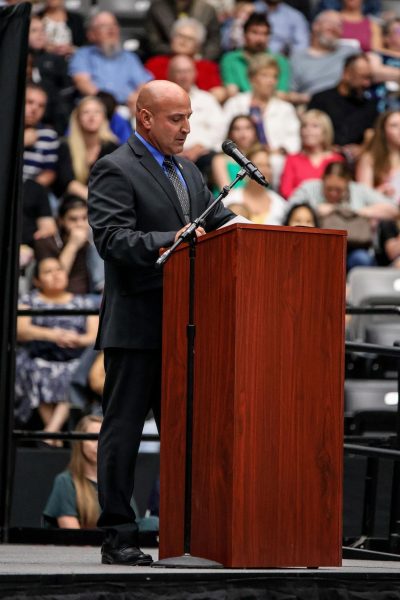
“I feel like we’re all at this age, just being forced to be here all day long under, like, strict rules,” student council president Addie Schuka said. “People just kind of get annoyed with the way Gretna does stuff. I feel being more open and (trying to) have more freedom and individual choice that people would actually want to be here.”
Our proposal includes having a committee of people (staff, counselors, teachers) from schools across the district choose a valedictorian. Students would turn in applications, much like a resume, including their GPA, transcript, extracurricular activities, club involvements and community service. Another possible item that could be included is a short video of them running through their idea for a graduation speech. The more criteria, the easier the committee’s decision would be because they would be able to make more of an argument as to why they chose that person.
“It was focused so much on one type of student who was number one in their class,” Tiemann said of Millard West’s old way of selecting a valedictorian. “I felt personally that there were a lot of well-rounded students that did just as much in high school as that one student who got chosen because they were top of their class.”
Many schools that have chosen to do away with valedictorians at graduation have often done so because they believe that it focuses only on the student with the highest GPA. They also believe that it is not an accurate representation of the highest-achieving students within their school, as many students drop classes like band and choir for classes that will raise their GPA. With our solution, the selected valedictorian will be chosen from additional criteria, making the student more diverse and engaged in all aspects of their high school. It would also require the students to be more accountable and responsible if they want to be eligible for the valedictorian title.
“When seniors apply to college, colleges will ask for your rank in your class,” said GHS counselor Shauna Reeves. “That is what (the) valedictorian is based off of. So sometimes if you do not have a good ranking that actually excludes you from certain colleges that you want to get into.”
We completely agree with Reeves’ statement, however it would have no relevance to our system, as it would not be based only on class ranking. If it would be an easier process to instead choose one or more student speakers for graduation, the process would be similar, however they would solely audition by giving the committee the speech the student would want to recite at graduation.
“What we do in Millard is we have an audition where students can come in and they represent their class,” Tiemann said, “(a speaker is chosen) just based on their speech and how well they deliver a speech.”
Similar to MWHS, GHS also utilizes the Latin Honors System where students can obtain one of three levels depending on their GPA: Cum Laude, Magna Cum Laude and the most prestigious, Summa Cum Laude. This is something that GHS does well, using their graduation ceremony to recognize and celebrate their students’ academic achievements.
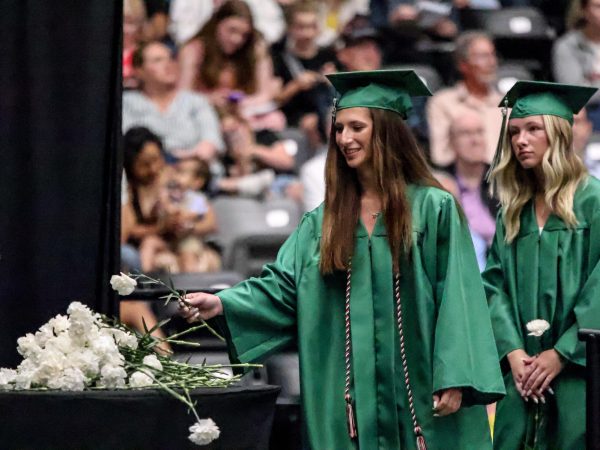
“Gretna’s graduation should be student centered; graduation is all about the kids, not the adults,” Omaha South’s Johnson said.
Establishing a valedictorian would fulfill all the benefits that come along with that title, without pressuring a student to take classes that would improve their GPA. Instead, this would encourage them to improve themselves and be more involved in their school. The valedictorian would be chosen based on what kind of person that they are in and outside of class.
“So it’s emphasis on participating, giving your best effort,” Tiemann said. “Academics certainly (are) important in all those things. So achievement is a part, is a component of it, but it’s not the only thing.”
Obviously, this would require a group of volunteer teachers willing to take time out of their day to recognize and evaluate each student that sends in an application. However, it is important that the student who truly deserves the title of valedictorian is not denied it because that could be the one factor that determines their ability to continue on a certain path or get into their dream college. Every drop of hard work they put in during four busy years should be recognized.
The bottom line is that students need to be involved in their graduation somehow, whether it be as a student speaker or valedictorian. Our teachers and role models always say, “when you do good things, good things will happen to you.” Why not give them an opportunity to work for something that is exactly that?


